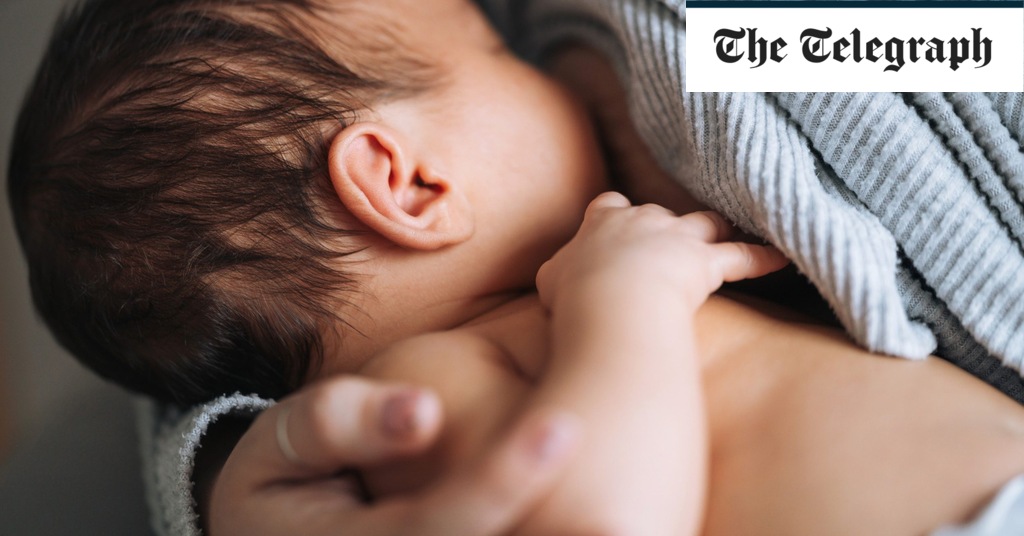
An NHS trust has said that breast milk produced by trans women who were assigned male at birth is as good for babies as that produced by a mother who has given birth.
In a letter to campaigners, the University of Sussex Hospitals NHS Trust (USHT), said that the milk produced by trans women after taking a combination of drugs is “comparable to that produced following the birth of a baby”.
The hospital trust, which runs Royal Sussex County Hospital, Worthing Hospital and Royal Alexandra Children’s Hospital among others, was also the first in Britain to use the term “chestfeeding” in place of breastfeeding because it is considered by some to be more inclusive.
The trust created what it called Britain’s “first clinical and language guidelines supporting trans and non-binary birthing people” in 2021.
Within its guidance were assertions about the ability of trans women to produce milk for a baby.
Drug to develop milk-producing glands
These were the subject of a complaint last year by the Children of Transitioners. The organisation was founded by a woman whose father transitioned, in an effort to provide advice for children in a similar situation.
In an August 2023 response, the hospital defended its claims, referring to five scientific papers dating back to 1977 and pointing to World Health Organisation (WHO) guidance and “overwhelming evidence” that “human milk” is better for a baby than formula milk.
It also references a 2022 study that found “milk testosterone concentrations” were under 1 per cent with “no observable side effects” in the babies. The study lasted for five months and no long-term data was obtained.
For a person born male to breastfeed, they must develop milk-producing glands by taking the hormone progestin.
A drug is required to lactate, such as domperidone, which is often prescribed to women struggling to breastfeed, and helps to stimulate the production of prolactin – a separate hormone that tells the body to produce milk.
Domperidone, also known by the brand name Motilum, was not intended for this, but is prescribed off-label by doctors, despite the manufacturer, Janssen, itself recommending against it because of possible side effects to a baby’s heart.
The patient leaflet for Motilium says: “Small amounts have been detected in breastmilk. Motilium may cause unwanted side effects affecting the heart in a breastfed baby. [It] should be used during breastfeeding only if your physician considers this clearly necessary.”
USHT believes the practice is safe, adding that hospital staff “advise any parent who is taking medication (for whatever reason) to seek advice on the possibility of that medication being transferred to the baby through breastfeeding and also the health implications for the baby”.
Trust ‘unbalanced and naive’
Lottie Moore, of the Policy Exchange, which uncovered the letter, said the trust “is unbalanced and naïve in its assertion that the secretions produced by a male on hormones can nourish an infant in the way a mother’s breast milk can”.
USHT has removed the webpage where the guidance was published, but now links to an external website, La Leche League, which states it “supports everyone who wants to breastfeed or chestfeed in reaching their goals”.
Maya Forstater, the director of campaign group Sex Matters, said: “For a chief executive and medical director of an NHS trust to prioritise trans identities over what is best for mothers and their babies is deeply disturbing.”
Milli Hill, a campaigner for women’s rights in childbirth, said: “Male people, however they identify or describe themselves, cannot breastfeed.”
University Hospitals Sussex NHS Foundation Trust said: “We stand by the facts of the letter and the cited evidence supporting them.”



